To Be, to Inflect, to Feel

This insightful report encapsulates the value of adding a humanistic dimension to rehabilitation. As told through the eyes of a student physical therapist assessing her patient’s progress—and determining that adding empathy to the treatment process was crucial to achieving a positive result—delineates how the realization can occur in all clinicians. It is a direct, on-the-ground view of the importance of JHR’s mission.
Physical Therapy is More than Just Physical
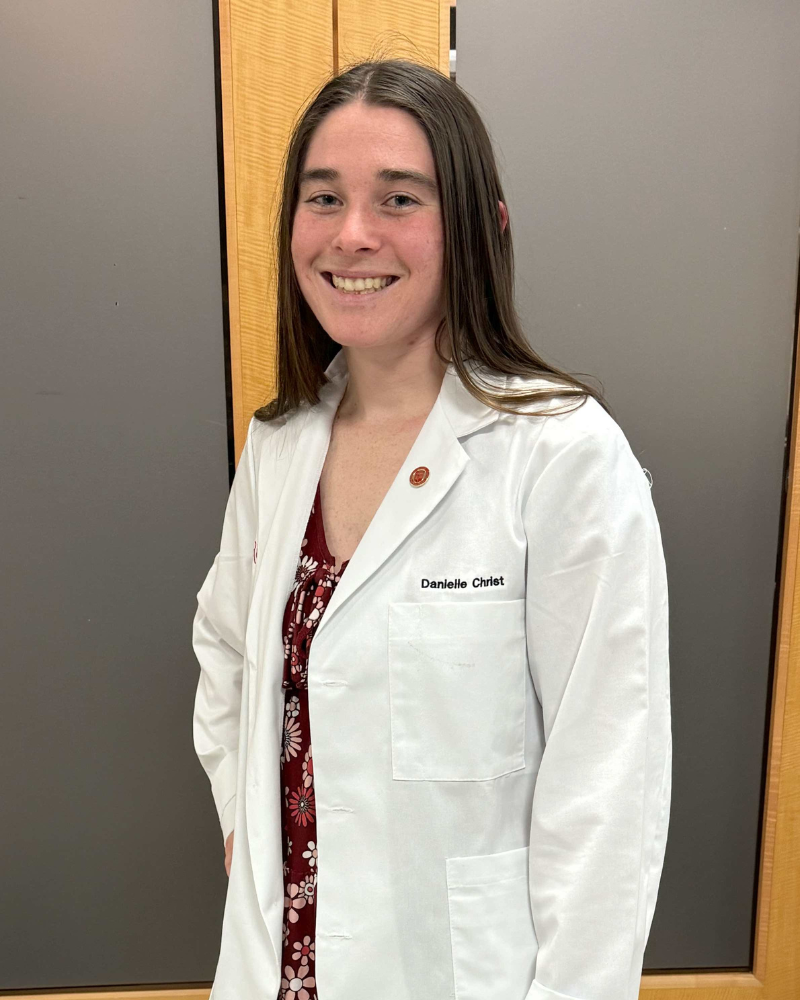
This insightful report encapsulates the value of adding a humanistic dimension to rehabilitation. As told through the eyes of a student physical therapist assessing her patient’s progress—and determining that adding empathy to the treatment process was crucial to achieving a positive result—delineates how the realization can occur in all clinicians. It is a direct, on-the-ground view of the importance of JHR’s mission.
The Young Doctor: One Day, Inshallah
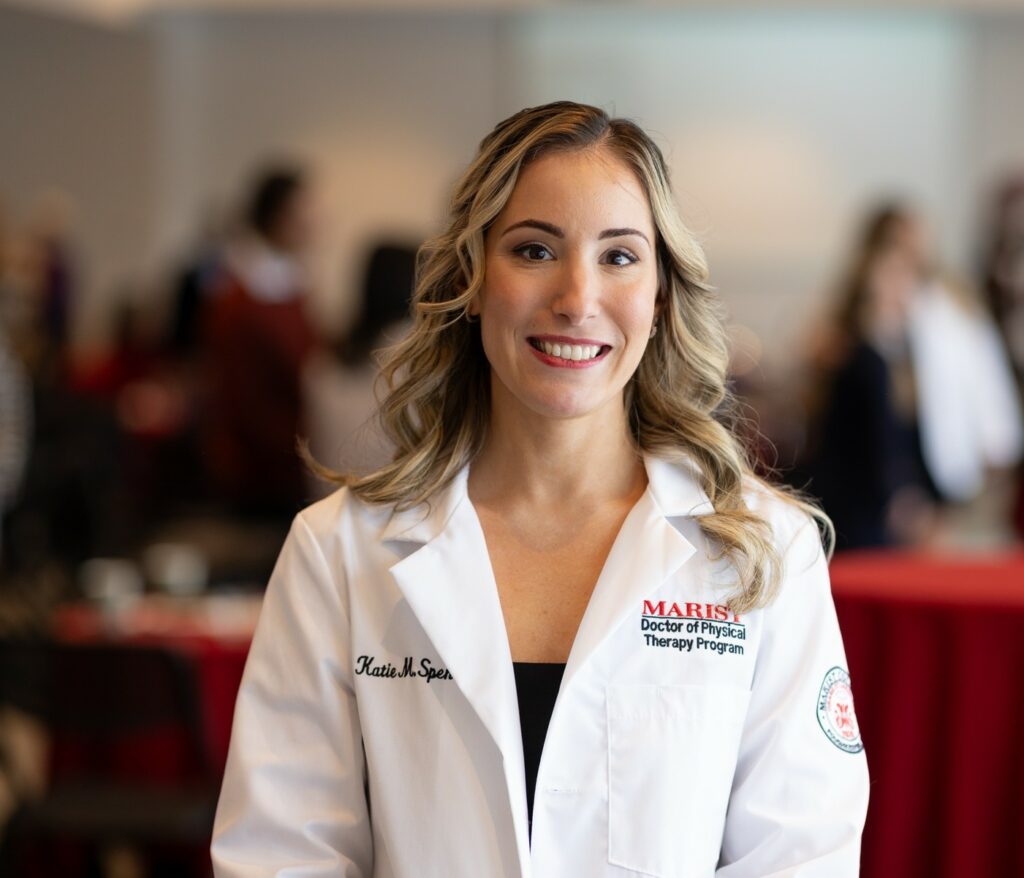
In her winning essay, “The Young Doctor: One Day Inshallah,” Katie Spencer recounts her transformative experience providing medical care in a Syrian refugee village during her time as a US Army medic. Central to her essay is an encounter with a young girl who dreamed of becoming a doctor, despite her school being destroyed by insurgents. Spencer invited her to follow along as she treated patients. Learning to innovate patient care with limited resources, Spencer prioritized listening to patients’ stories and recognized that “language barriers and cultural differences mean little when a bridge of universal compassion is built.” Her essay emphasizes that healthcare extends beyond visible symptoms, requiring providers to understand patients’ personal narratives and cultural contexts.
Mirroring Each Other: Beyond AI’s Capability
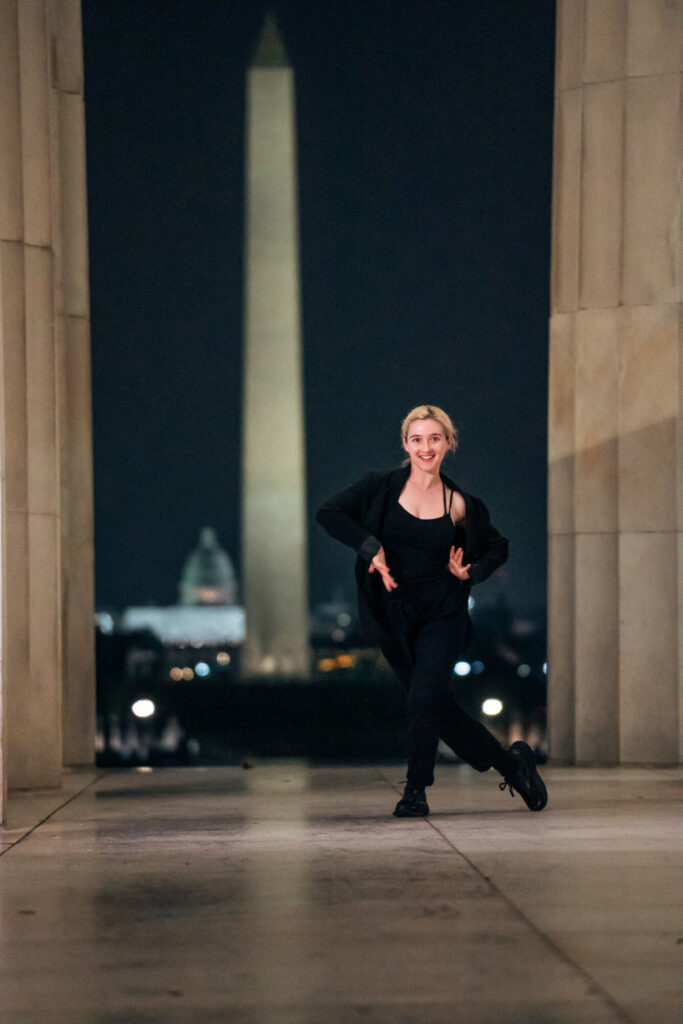
Download the article (pdf) Table of Contents Congratulations to Doctor of Physical Therapy Student, Caitlin Miller (George Washington University), finalist of the annual Student Essay Contest, co-sponsored by the American Counsel of Academic Physical Therapy (ACAPT) and the Journal of Humanities in Rehabilitation (JHR). The seventh in an annual series, this national contest offers a creative opportunity […]
The Necessity of Soul and the Role of AI in the Art of Rehabilitation
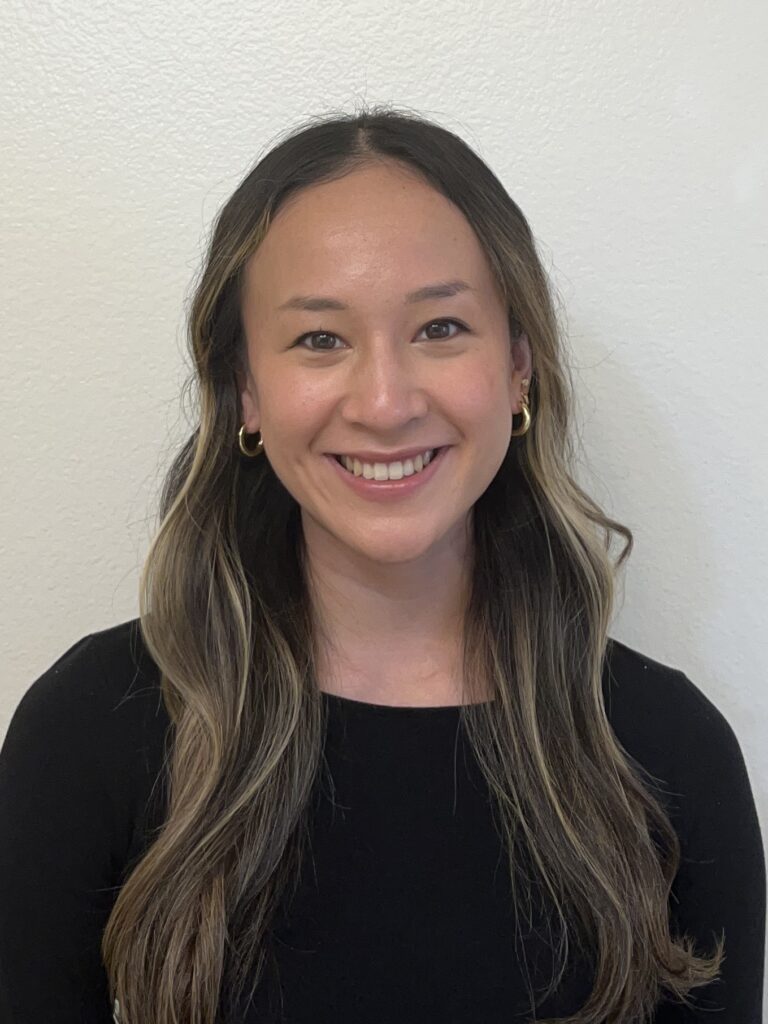
Download the article (pdf) Table of Contents Congratulations to Doctor of Physical Therapy Student, Michaela Magpile, SPT (Columbia University), finalist of the annual Student Essay Contest, co-sponsored by the American Counsel of Academic Physical Therapy (ACAPT) and the Journal of Humanities in Rehabilitation (JHR). The seventh in an annual series, this national contest offers a creative opportunity […]
“The Classroom, Clinic, and Community: What Can We Do With All Three?”
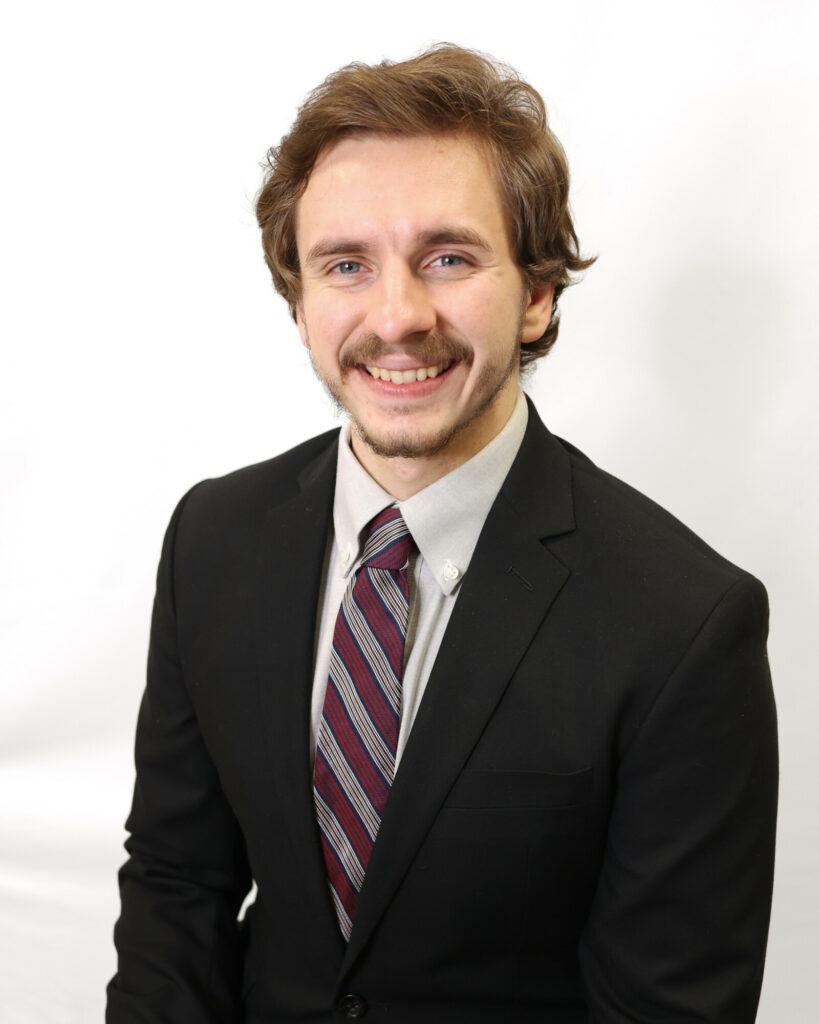
Download the article (pdf) Table of Contents Congratulations to Doctor of Physical Therapy graduate student Mason Trauger (DeSales University), SPT, winner of the annual CHEP-JHR Student Essay Contest, co-sponsored by the ACAPT Consortium for the Humanities, Ethics, and Professionalism (CHEP) and the Journal of Humanities in Rehabilitation (JHR). This writing competition is designed to encourage […]
“Turn Your Cameras On”
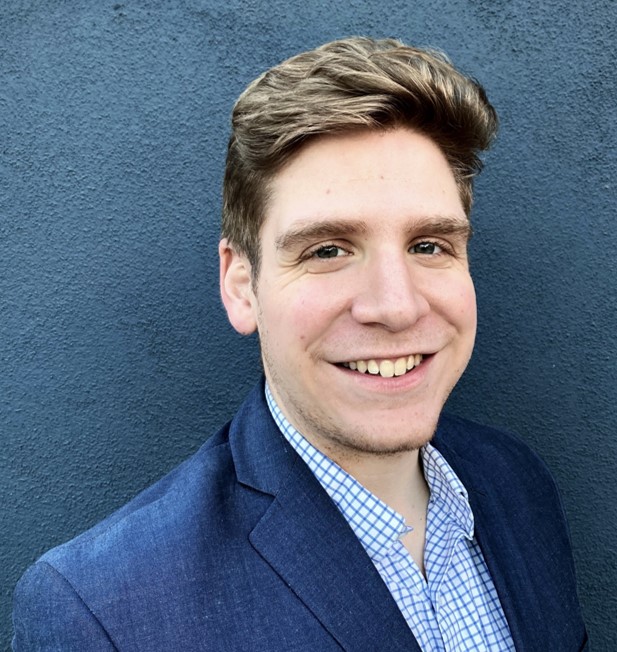
Physical therapy students nationwide are grappling with an unprecedented change in the educational system: forced remote learning of a hands-on profession. In this amusing and thoughtful essay, Noah Watson describes how experiencing one course—and witnessing its caring instructor addressing students’ frustrations—taught him the crucial importance of “empathy, patience, and compassion” in the healing process.
“Finding Balance: The Hidden Gift of Being Thrown Off-Course”
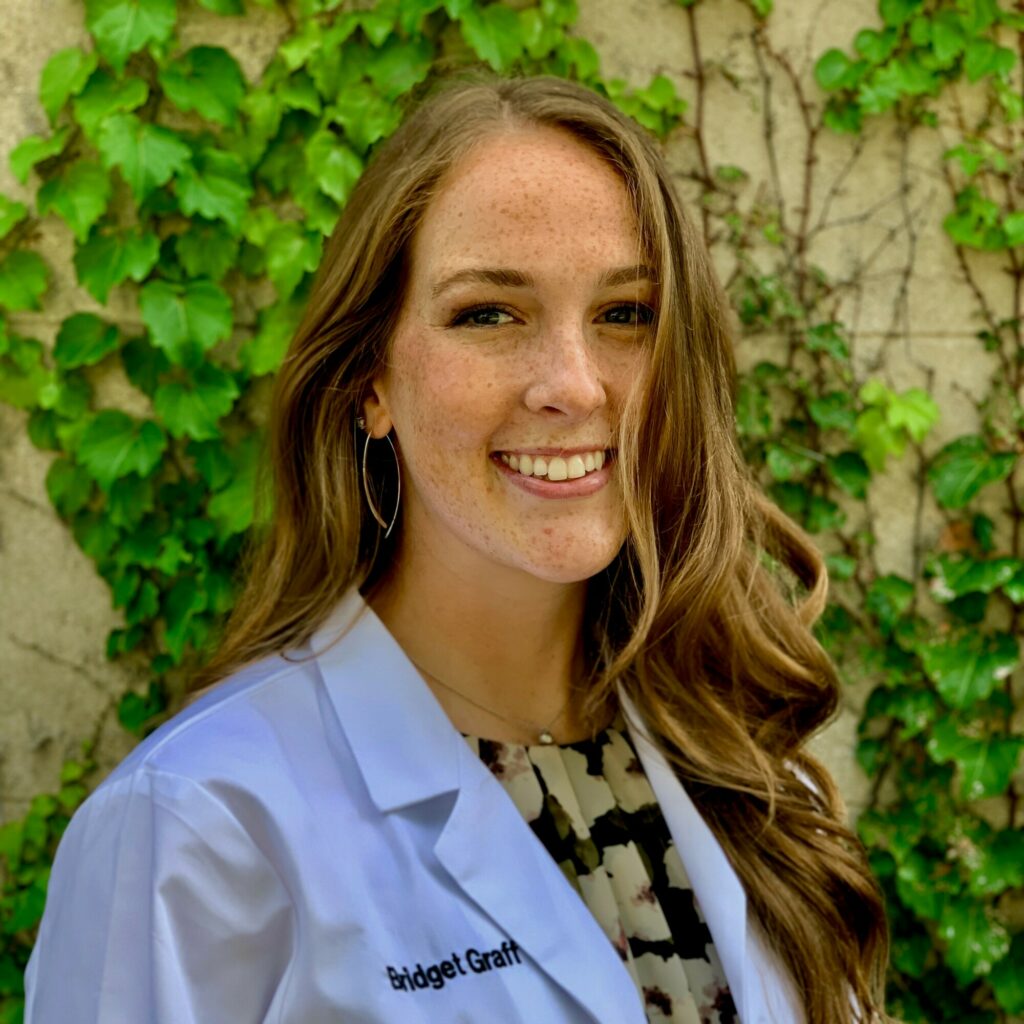
In this second student essay focused on the Covid learning years, Bridget Graff details how her frustration with forced digital learning led her to discover a whole new perspective on life and work. Moving from being an active, dynamic, overworked student to one focused more on “concepts,” she developed a work-life “balancing act” that improved her academic performance—and will serve her for years to come.
Finding Voice and Vulnerability Through Virtual Learning
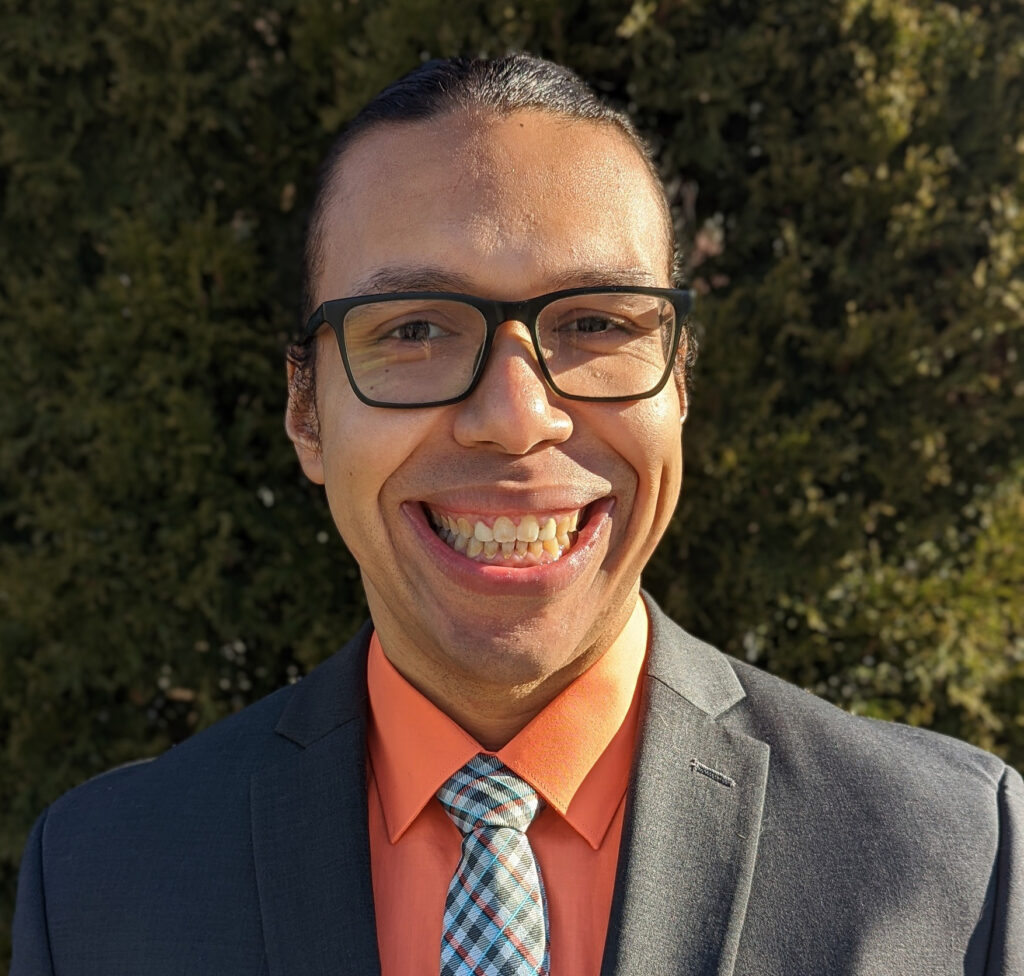
Download the article (pdf) Table of Contents Congratulations to Columbia University Vagelos College of Physicians and Surgeons Doctor of Physical Therapy Program graduate student Joseph Rivera, SPT, the winner of the annual physical therapy student essay contest co-sponsored by the ACAPT Consortium for the Humanities, Ethics, and Professionalism (CHEP) and JHR. This writing competition is […]
“Do You Have the Coronavirus?”
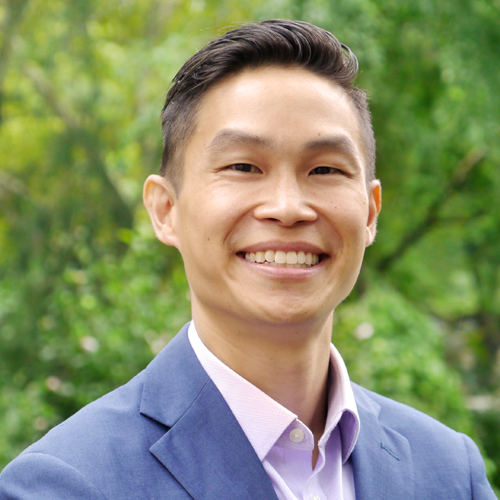
On a day that should have been memorable for its joy, Henry Fok had an encounter that would ultimately inspire him to re-examine his future role as a physical therapist.

